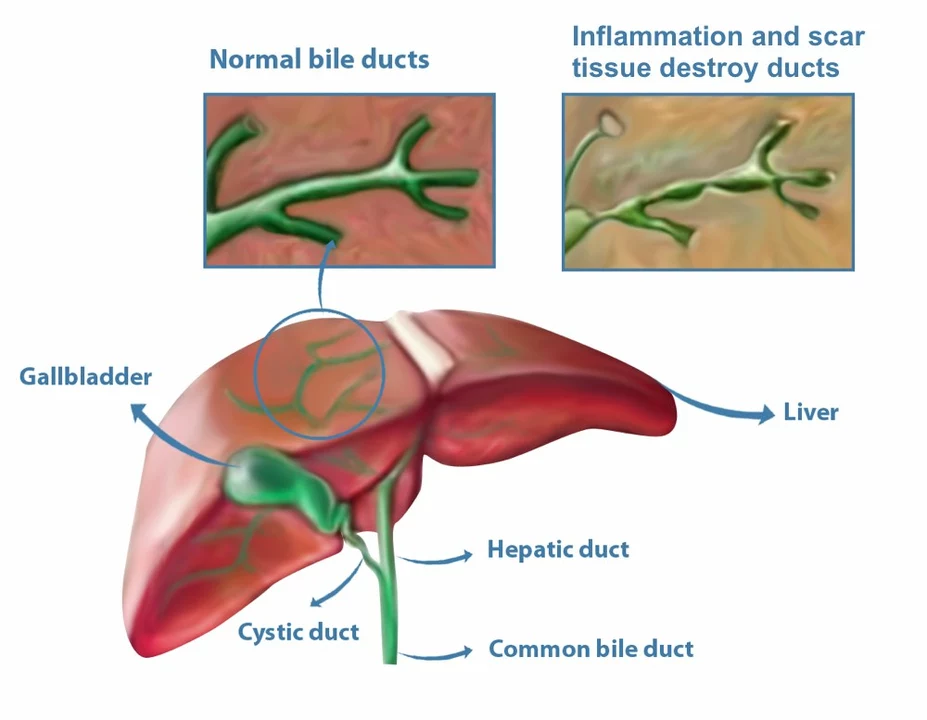Liver Failure – What It Is and How to Handle It
If your liver stops working well, you’ll notice a mix of weird feelings and real health problems. This page tells you the basics so you can spot trouble early and know what to do next.
Common Signs You Should Notice
The first clue is often fatigue that won’t go away, even after a good night’s sleep. You might also see yellowing of the skin or eyes – that’s called jaundice and it means the liver can’t clear bilirubin.
Abdominal swelling is another red flag. Fluid builds up in the belly (ascites) because the liver can’t regulate fluid balance. Look for sudden weight gain, especially around your midsection.Dark urine and pale stools are also common. When the liver isn’t processing bile properly, waste pigments change color.
If you feel itchy all over, that’s another symptom linked to toxin buildup. And don’t ignore easy bruising or bleeding – the liver makes clotting proteins, so a drop in those means trouble.
Treatment Options & Everyday Care
Doctors usually start with tests: blood work, ultrasound and sometimes a liver biopsy. These tell them how far damage has gone and what’s causing it (like alcohol, hepatitis or fatty liver).
Treating the cause is key. If alcohol is the problem, quitting straight away can halt further harm. For viral hepatitis, antiviral meds can clear the infection.
Medications that reduce fluid buildup, such as diuretics, help with ascites. A low‑salt diet makes those drugs work better and keeps swelling down.
Nutrient support matters too. Small, frequent meals rich in protein (but not too much) give the liver energy without overloading it. If you’re losing weight fast, a doctor may suggest specialized supplements or tube feeding.
In advanced cases, a liver transplant might be the only option. Transplant centers evaluate your overall health, how long you’ve had liver failure and whether you can handle surgery.
While waiting for any treatment, avoid over‑the‑counter pain relievers like ibuprofen – they stress the liver further. Stick to acetaminophen only if a doctor says it’s safe, and never exceed the recommended dose.
Staying hydrated with water helps the kidneys clear toxins that the liver can’t handle. Limit sugary drinks and alcohol completely.
Regular follow‑up appointments are essential. Your doctor will track lab numbers, adjust meds and catch complications early.
Finally, keep a symptom diary. Write down when you feel more tired, notice swelling or see changes in urine color. Sharing that list with your clinician speeds up decisions.
Living with liver failure can be tough, but knowing the signs, acting fast on causes and following simple daily habits makes a big difference. Use this guide as a quick reference whenever you need to check what’s normal and when to call for help.
Liver Failure and the Immune System: How They're Connected
As a blogger, I've recently come across some fascinating research on the connection between liver failure and the immune system. It turns out that when our liver starts to fail, our immune system's ability to function properly is also compromised. This can lead to an increased risk of infections and other serious complications. In fact, a poorly functioning liver may even contribute to a weakened immune response, making it harder for our bodies to fight off illnesses. It's crucial for us to take care of our liver health, as it plays a vital role in keeping our immune systems strong and ready to protect us.






